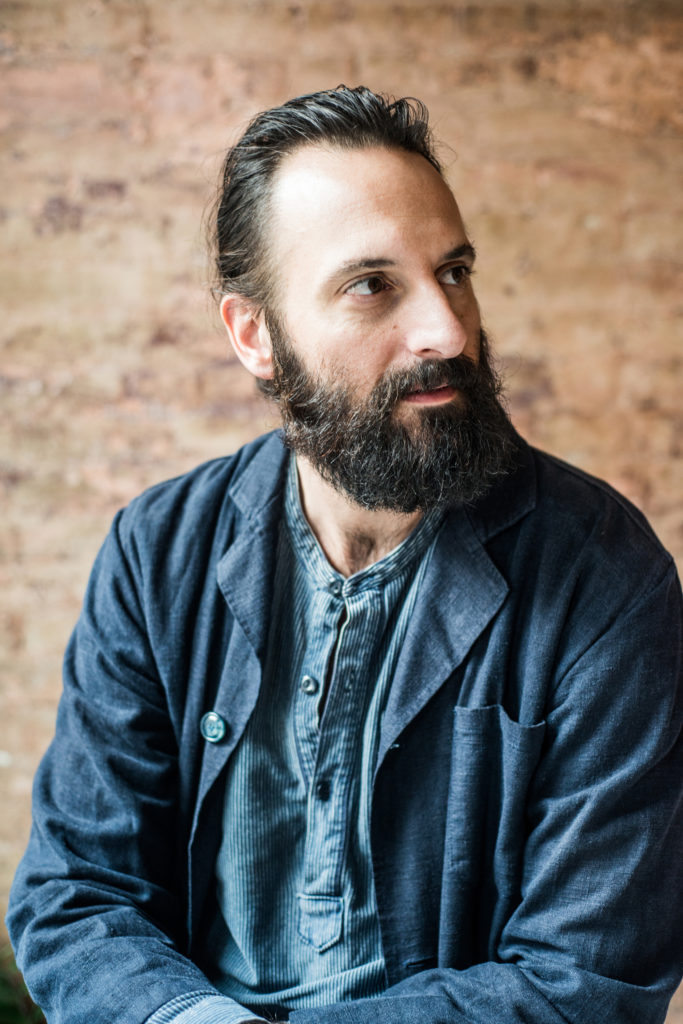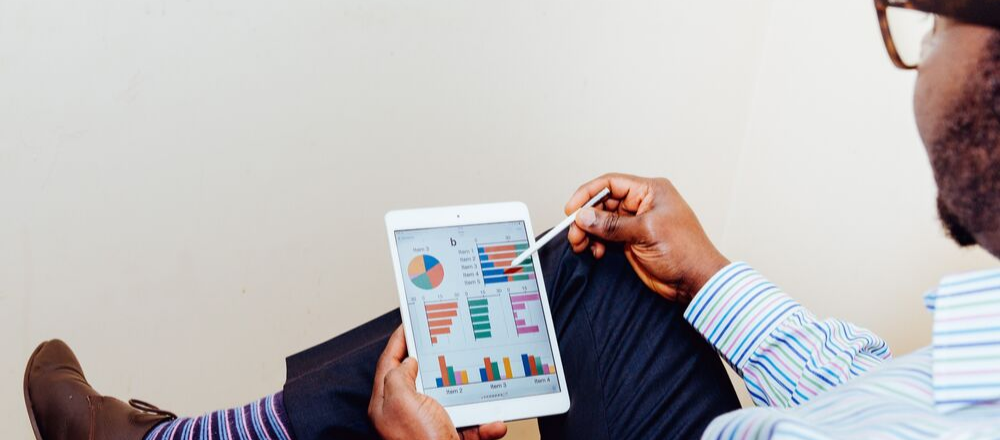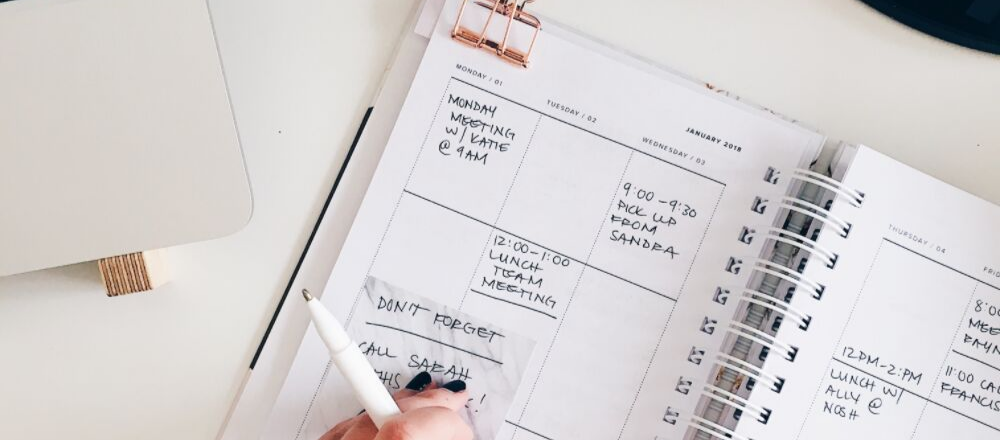Michael Ventura is the CEO and founder of Sub Rosa, a strategy and design firm that has worked with some of the world’s largest and most important brands, organizations and start-ups: from LVMH, Google, and Nike to the TED Conference, the Obama Administration and the United Nations.
Michael has served as a board member and advisor to a variety of organizations, including Behance, the Burning Man Project, Cooper-Hewitt, and the U.N.’s Tribal Link Foundation. He is also a visiting lecturer at institutions such as Princeton University and the United States Military Academy at West Point. In addition to these pursuits, Michael leads an alternative medicine private practice, where he helps patients address illness and injury of all types on the road to better well-being. Applied Empathy, his first book, was published by Simon & Schuster in May 2018.

Q: What would you like to see your team accomplish in 2019?
This year is focused on growth. We are dedicated to finding smart ways to continue to grow our internal capabilities, our relationships with our clients, and with the broader industry via our Applied Empathy methodology. As we have seen in the past few years, empathy is truly in high demand across both the public and private sectors, and our work offers a critical path to helping more leaders embrace this idea.
Q: Who is your role model or hero?
Personally, I don’t believe that having a role model or hero is helpful or motivational. Everyone is unique, and no one should be someone else’s north star. Am I inspired by other entrepreneurs, leaders, and public figures? Of course. But also, not entirely. Everyone has their own unique strengths and weakness. Putting people on a pedestal often leads to disappointment. If you’re looking for inspiration or motivation from the outside world, you might find it for a time, but as you grow and evolve, so too will those touchstones. I find that practice of continual self-work and personal development is the best motivation and calibration tool for my sense of direction and growth.
Q: What is your favorite book?
Siddhartha by Hermann Hesse.

Q: Do you use any specific method or system to run daily operations?
Our internal team is primarily governed by our Applied Empathy methodology. Within this approach, there exist a variety of frameworks, tools, and ways of being that we hold ourselves accountable to and try to evolve together. Working in this way is not just about external empathy, but also empathy for the self – our current needs and challenges – and working collaboratively to help solve them.
Q: Why did you choose your present industry at this time?
Working with the types of corporations and organizations we have the ability to truly impact the world at scale. Some of our clients annual revenues are larger than the GDPs of some countries. Some of them have employee head counts larger than entire populations. Because of this, our work can reach millions of people and hopefully play a part in affecting positive change in the world.
Q: What is the best/worst moment you can remember in your career?
There are no worst moments if you’re willing to reframe them as teachable moments. Have I been through tough times? Absolutely. I’d wager you can’t find an entrepreneur who hasn’t. But it’s not the tough times that matter – it’s what you are willing to do about them. Will you learn from your mistakes? Will you dust yourself off and get after it again? These are the things that I have learned to be so critical. Especially as a leader in an organization, your demeanor and mindset are infectious. Positivity breeds positivity, and it’s important to bear that in mind in the tough times.
Q: Looking back – if you could advise a younger version of yourself to do something different – what would it be?
I’d tell myself to be better prepared for change. I’m someone who likes a plan. It feels good to be somewhat predictive and to be able to stick to your approach. That said, sometimes the plan needs to change in order to move with shifts in the marketplace. At times, I was resistant to make those changes because of the comfort of my original plan. Make a plan and be willing to change it when necessary.
Follow on Instagram: @wearesubrosa
Follow on Twitter: @wearesubrosa
Follow on LinkedIn


